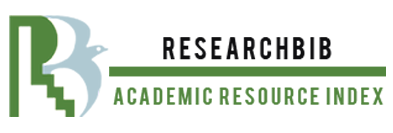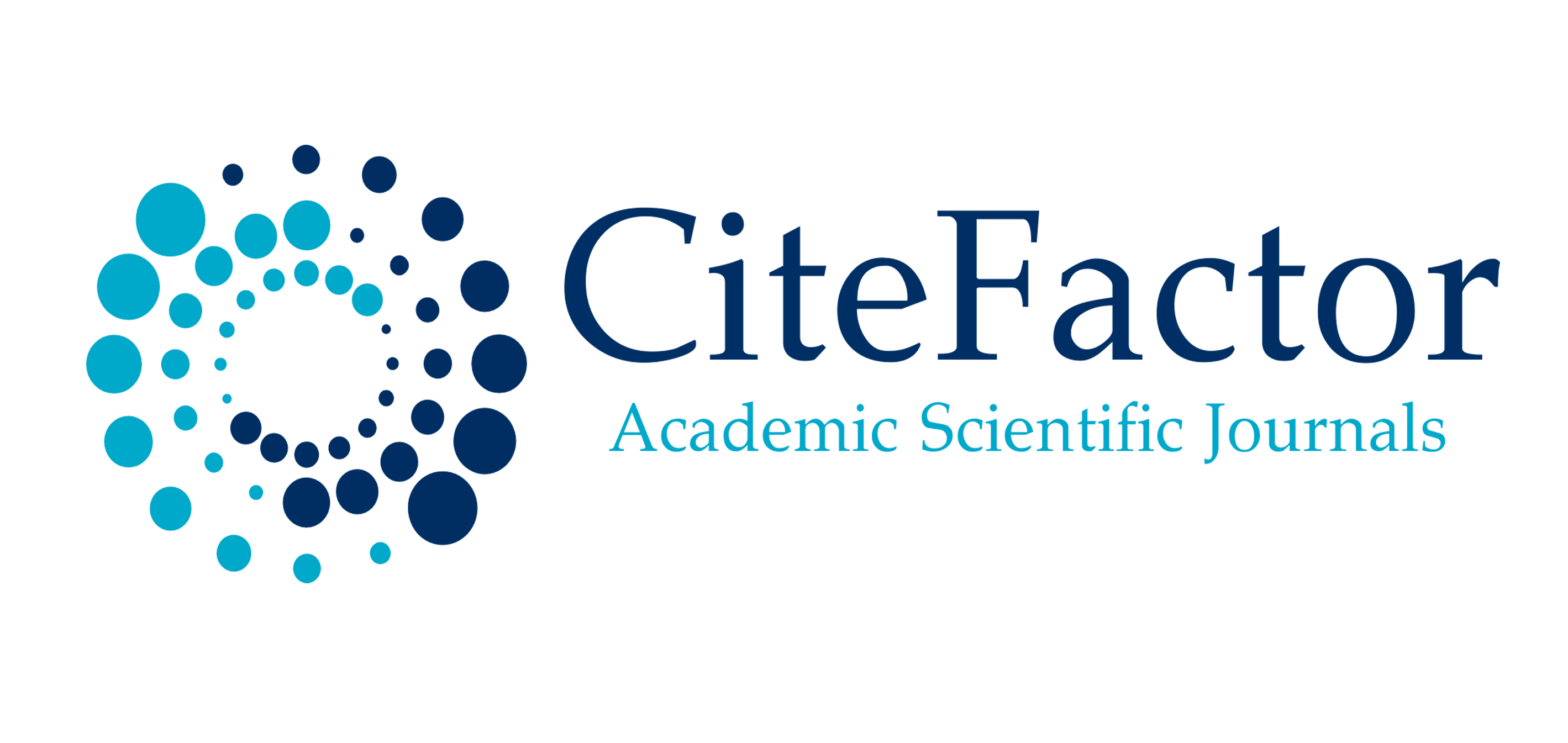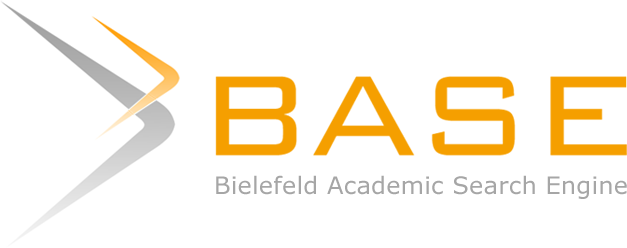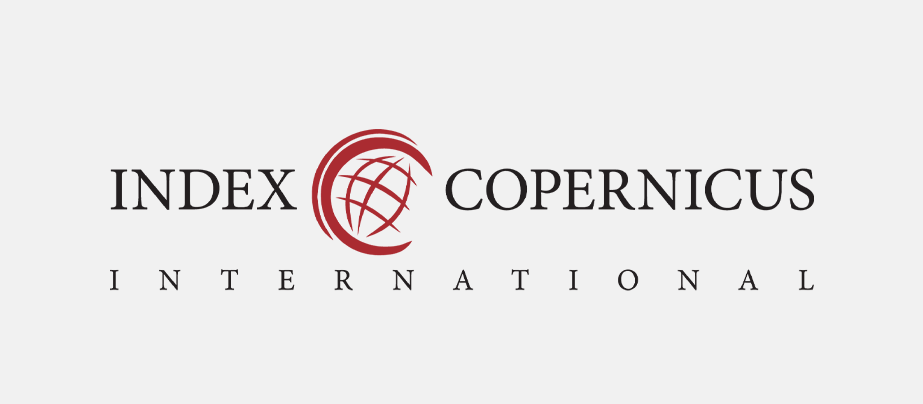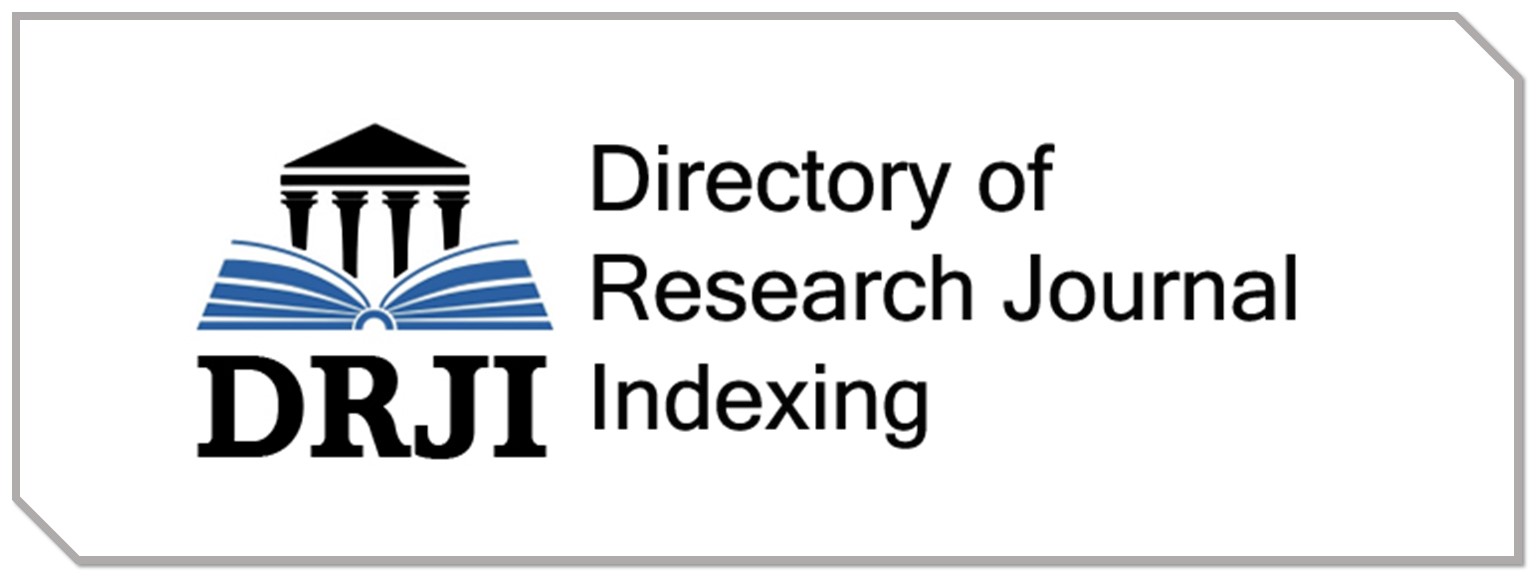Current Problems in Personal Income Taxation and Directions for Expanding the Tax Base
Keywords:
Personal income tax, taxation system, tax history, income redistribution, fiscal policy, tax evolution, taxpayer obligationsAbstract
This article explores the contemporary challenges facing personal income taxation systems globally and proposes strategic directions for expanding the tax base to ensure fiscal sustainability, economic fairness, and improved public service delivery. As governments grapple with widening budget deficits, increasing inequality, and the pressures of globalization, reforming personal income tax (PIT) systems has emerged as a pressing priority. The article begins by identifying and categorizing the primary issues undermining the efficiency, equity, and effectiveness of personal income tax regimes. These include the persistence of narrow tax bases due to excessive exemptions and deductions, widespread tax evasion and avoidance, the growth of the informal economy, weak administrative capacity in developing nations, and the increasing complexity of cross-border income flows. Particular attention is given to the challenges arising from the digital economy and remote work, which have blurred the lines of tax jurisdiction and created new loopholes for high-income earners. Through comparative analysis, the article highlights how high-income and low-income countries face these challenges differently. In advanced economies, high marginal tax rates combined with complex tax codes often incentivize aggressive tax planning, while in developing countries, low taxpayer coverage and administrative inefficiencies result in low revenue yields. The study also explores the impact of public distrust, lack of transparency, and insufficient tax morale on voluntary compliance. In response to these challenges, the article presents several key directions for broadening the personal income tax base:
Reducing Erosion through Reform of Exemptions and Deductions: Simplifying tax codes and limiting unnecessary tax preferences can prevent base erosion and improve fairness. The article suggests adopting evidence-based policies to evaluate the social and economic justifications of current deductions.
Formalizing the Informal Sector: Introducing simplified tax regimes for micro-entrepreneurs, enhancing taxpayer education, and leveraging mobile payment systems can help bring informal income into the tax net without imposing excessive burdens.
Digitalization of Tax Administration: Implementing digital tax reporting systems, e-filing platforms, and real-time income monitoring can significantly reduce compliance costs and improve accuracy in tax assessment and collection.
Cross-Border Cooperation and Information Exchange: Strengthening international cooperation through automatic exchange of financial information, as promoted by the OECD’s Common Reporting Standard (CRS), is crucial in addressing tax base erosion due to offshore assets and global mobility.
Broadening Coverage through Universal Filing: Encouraging or mandating annual filing even for low-income individuals (with provisions for automatic refunds or zero tax due) can improve compliance culture and tax registration rates over time.
Integrating Taxation with Social Policy: Linking PIT with benefits systems (e.g., earned income tax credits) can both broaden the base and enhance social equity, making tax systems more acceptable and inclusive.
The article concludes that a multi-faceted, data-driven, and politically viable reform strategy is essential to strengthen personal income tax systems. It underscores the importance of political will, administrative modernization, and taxpayer engagement in achieving long-term reforms. Moreover, it argues that expanding the personal income tax base is not only a matter of increasing revenues but also a key to enhancing state legitimacy, improving public accountability, and fostering inclusive economic growth.
Overall, the article provides a critical and comprehensive examination of current personal income tax challenges and offers practical, forward-looking solutions suitable for both developed and developing countries. It serves as a valuable resource for policymakers, tax administrators, economists, and scholars seeking to understand and address the structural limitations of personal income taxation in the 21st century.


